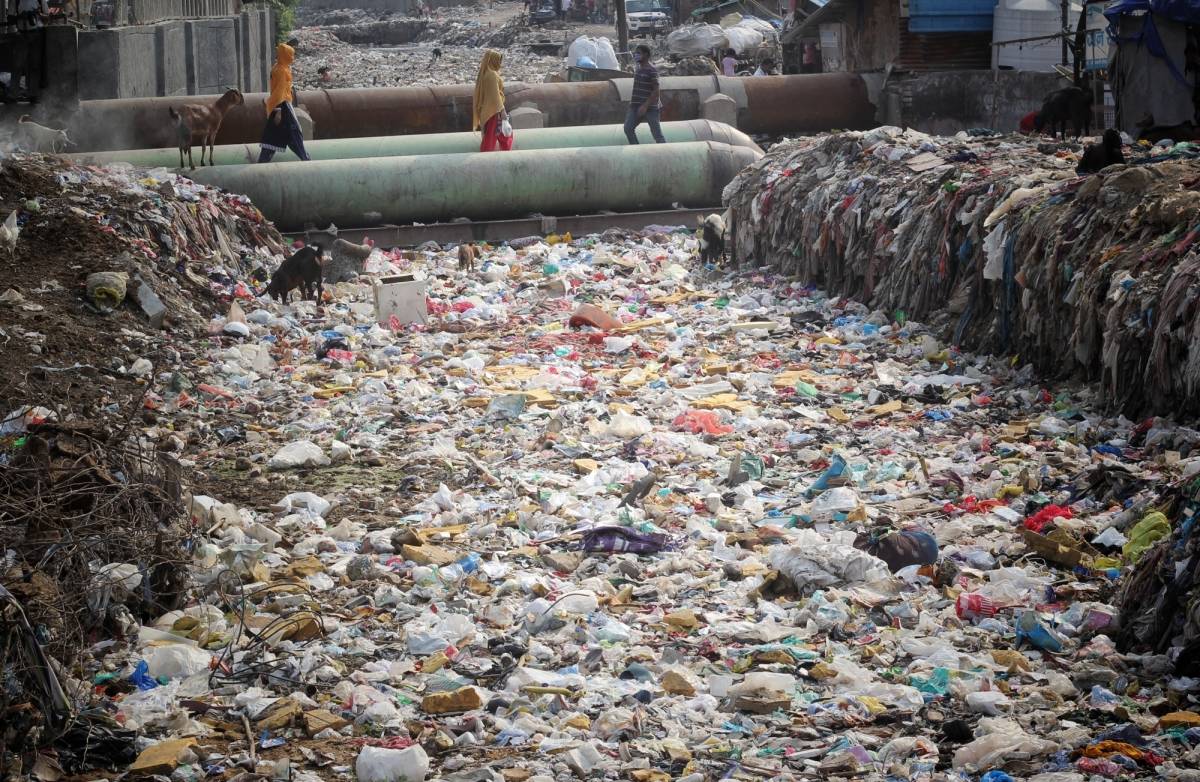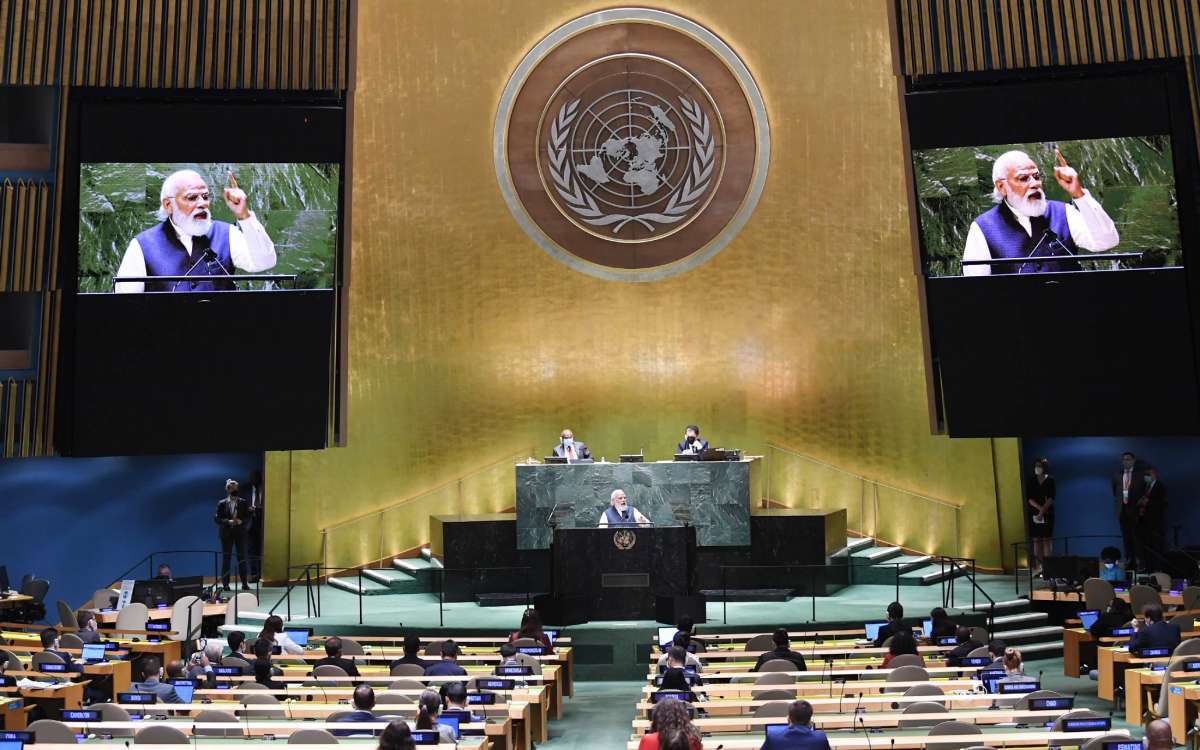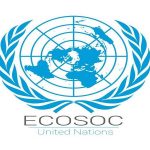UNEP estimates that government promotion of reuse options like refillable bottle systems or deposit return schemes could reduce 30 percent of plastic waste by 2040…reports Asian Lite News
Countries can reduce plastic pollution by 80 percent by 2040 using existing technologies and making major policy changes, the UN Environment Programme said in a report on Monday.
The Kenya-based UN body released its analysis of policy options to tackle the plastic waste crisis two weeks before countries convene in Paris for a second round of negotiations to craft a global treaty to eliminate plastic waste.
The report focuses on three main market shifts needed to create a “circular” economy that keeps produced items in circulation as long as possible: reuse, recycling and reorientation of packaging from plastic to alternative materials.
“If we follow this roadmap, including in negotiations on the plastic pollution deal, we can deliver major economic, social and environmental wins,” said Inger Andersen, UNEP executive director.
The treaty negotiations, known as INC2, will take place from May 29 to June 2 and are expected to result in key inputs for the first treaty draft, which needs to be done before the third round of negotiations in Kenya in November.
UNEP estimates that government promotion of reuse options like refillable bottle systems or deposit return schemes could reduce 30 percent of plastic waste by 2040.
It also says recycling could achieve an additional 20 percent by that year if “it becomes a more stable and profitable venture” and fossil fuel subsidies are removed and that the replacement of products like plastic wraps and sachets with compostable materials could yield an additional 17 percent reduction.
Countries have different approaches to tackling plastic waste. Some major plastic-producing countries like the United States and Saudi Arabia prefer a system of national strategies.
Some that have formed a “High Ambition Coalition,” comprising Norway, Rwanda, New Zealand, the European Union and others, have called for a top-down approach where global targets are set to reduce virgin plastic production and eliminate fossil fuel subsidies, among other measures.
Some environmental campaigners on Tuesday called out UNEP for promoting the practice of burning plastic waste in cement kilns or incinerators to address plastic waste that cannot be recycled. A 2021 Reuters investigation found that some of the world’s biggest consumer brands have funded projects to send their plastic waste to cement kilns.
UNEP said given the short timeline between now and 2040, “sub-optimal solutions” will need to be used to deal with that waste though further study was needed to weigh the impacts of increased greenhouse gas emissions or air toxins.
“Not only does this pose a grave climate and public health threat, it also undermines the primary goal of the global plastic treaty –putting a cap on plastic production,” said Dr. Neil Tangri, policy director at Global Alliance for Incinerator Alternatives.














